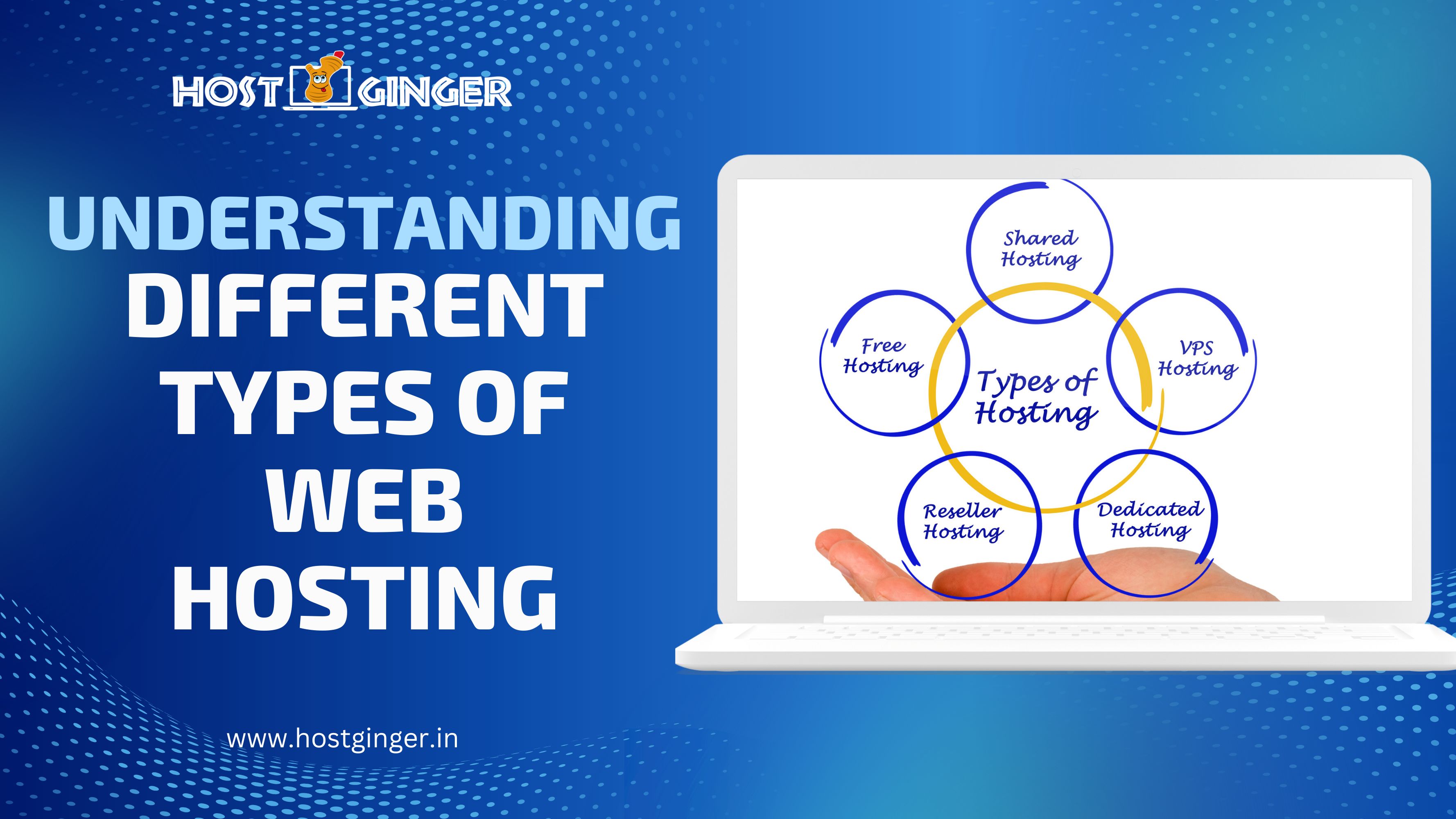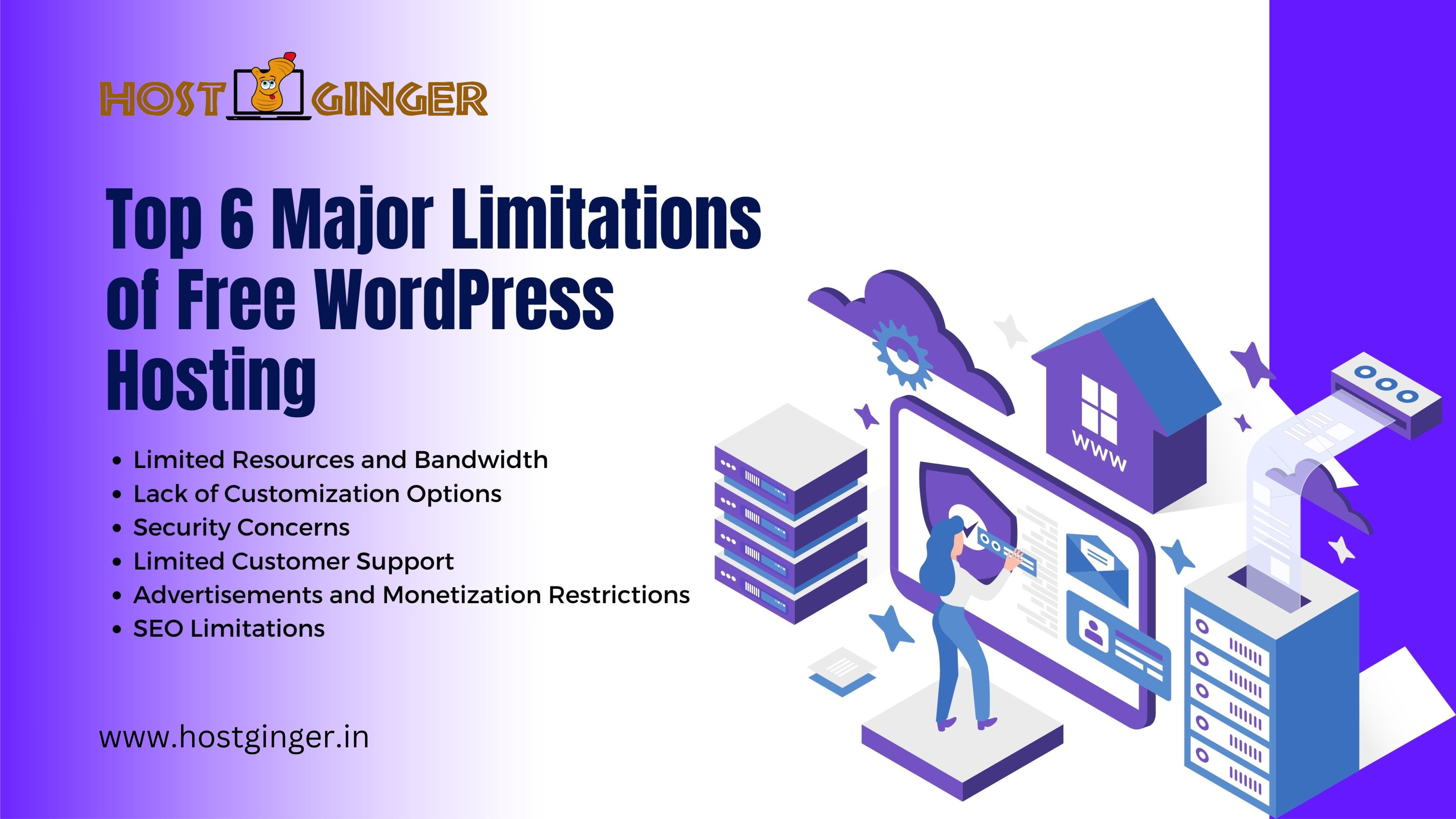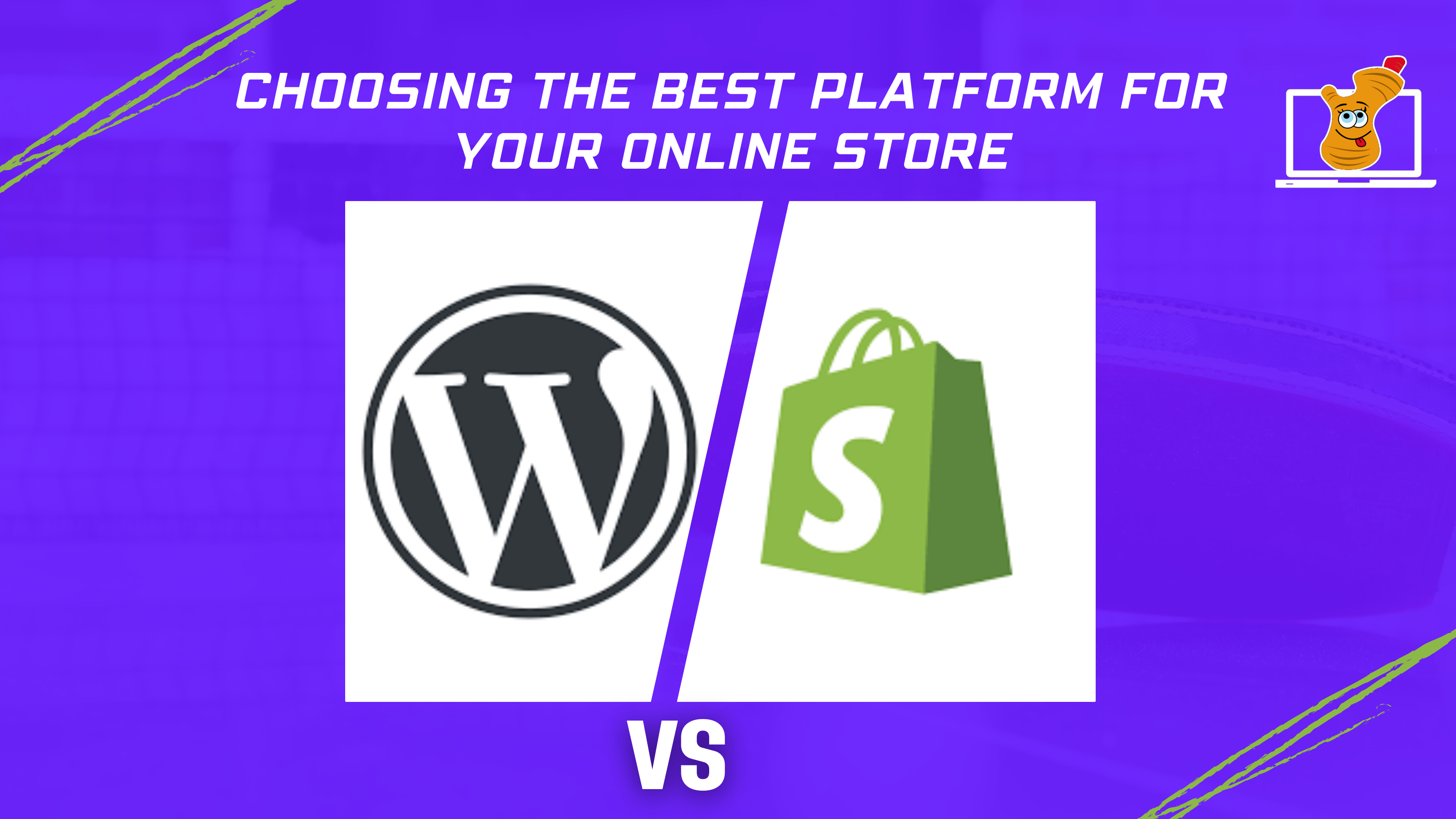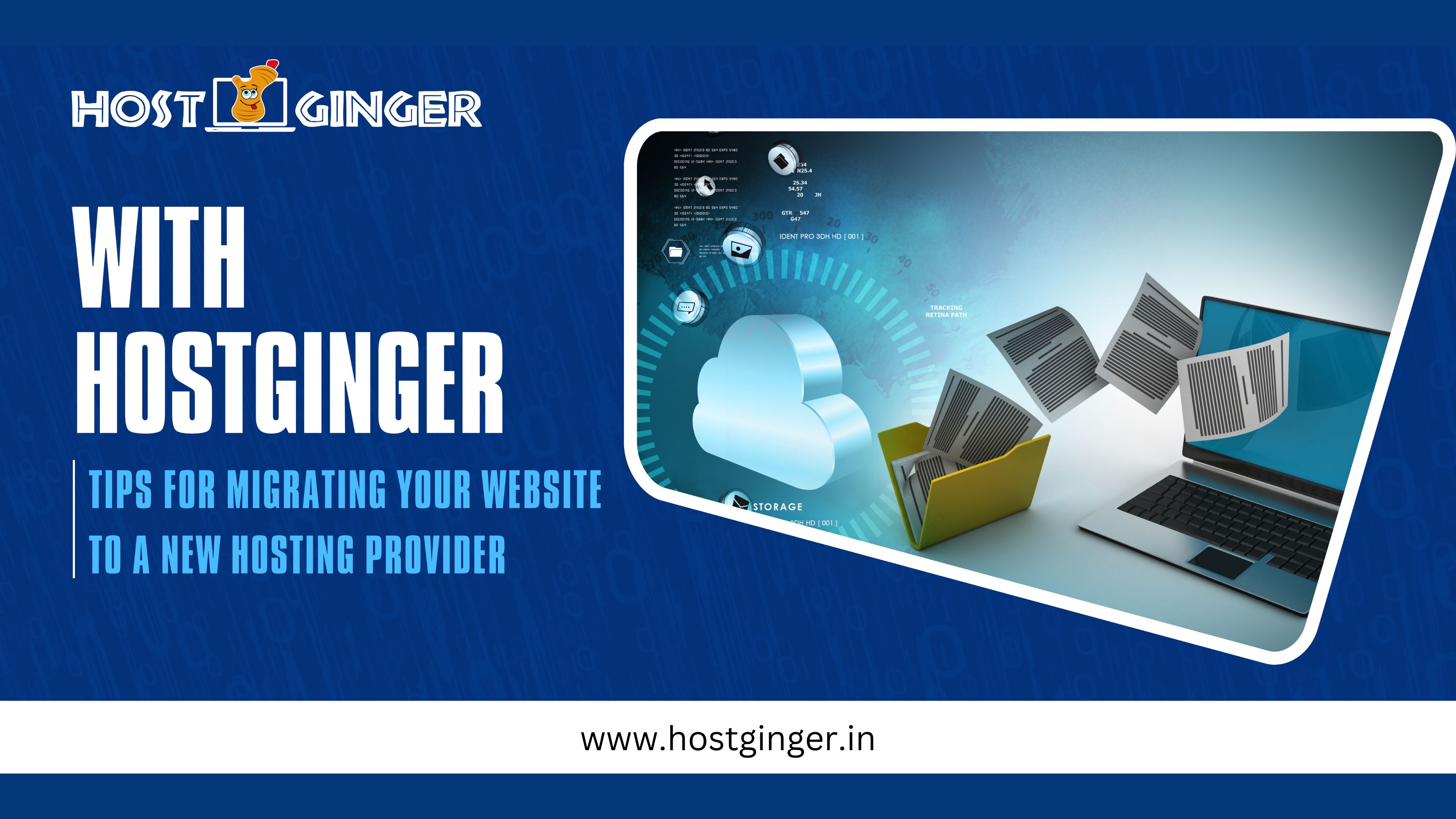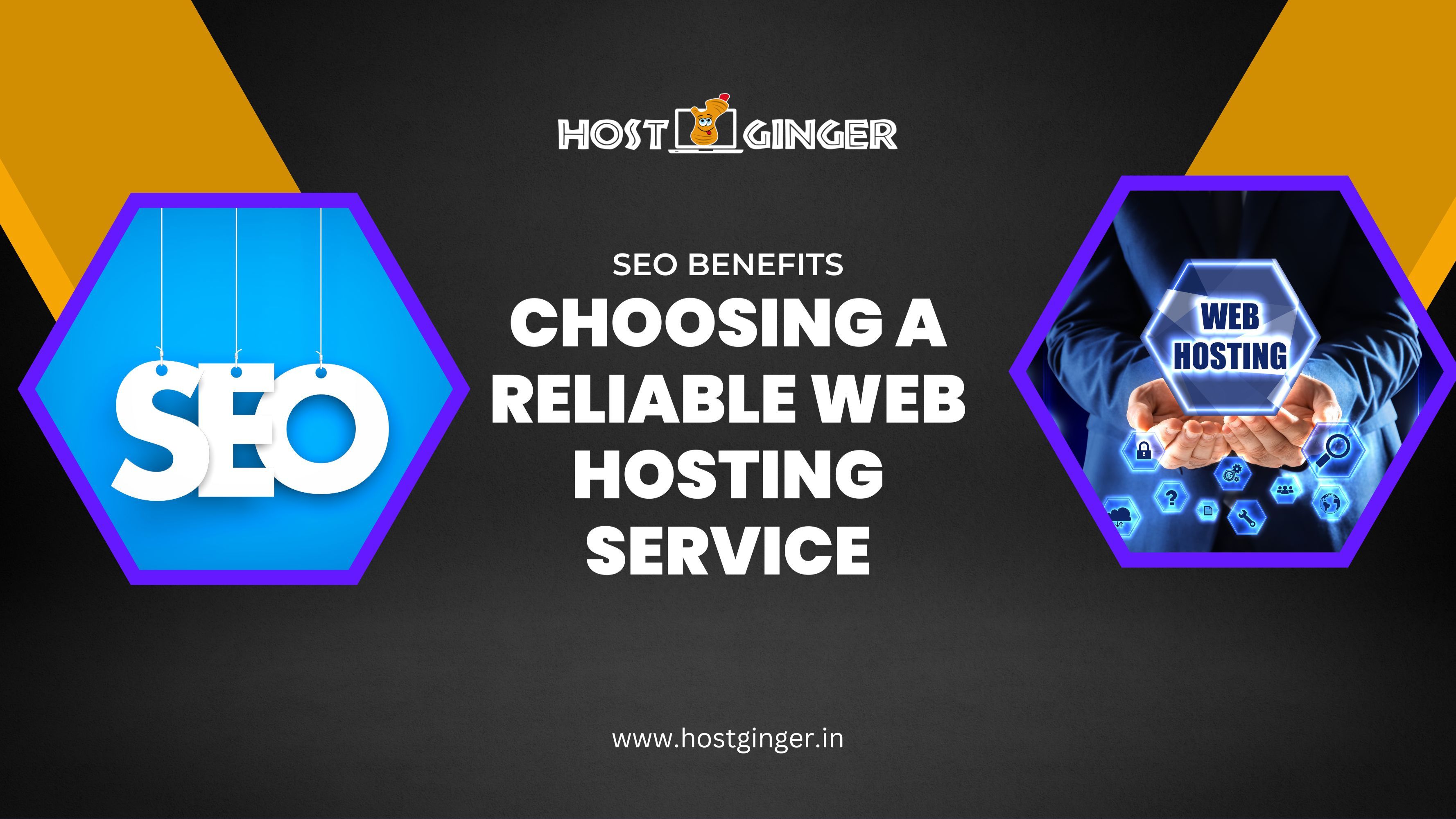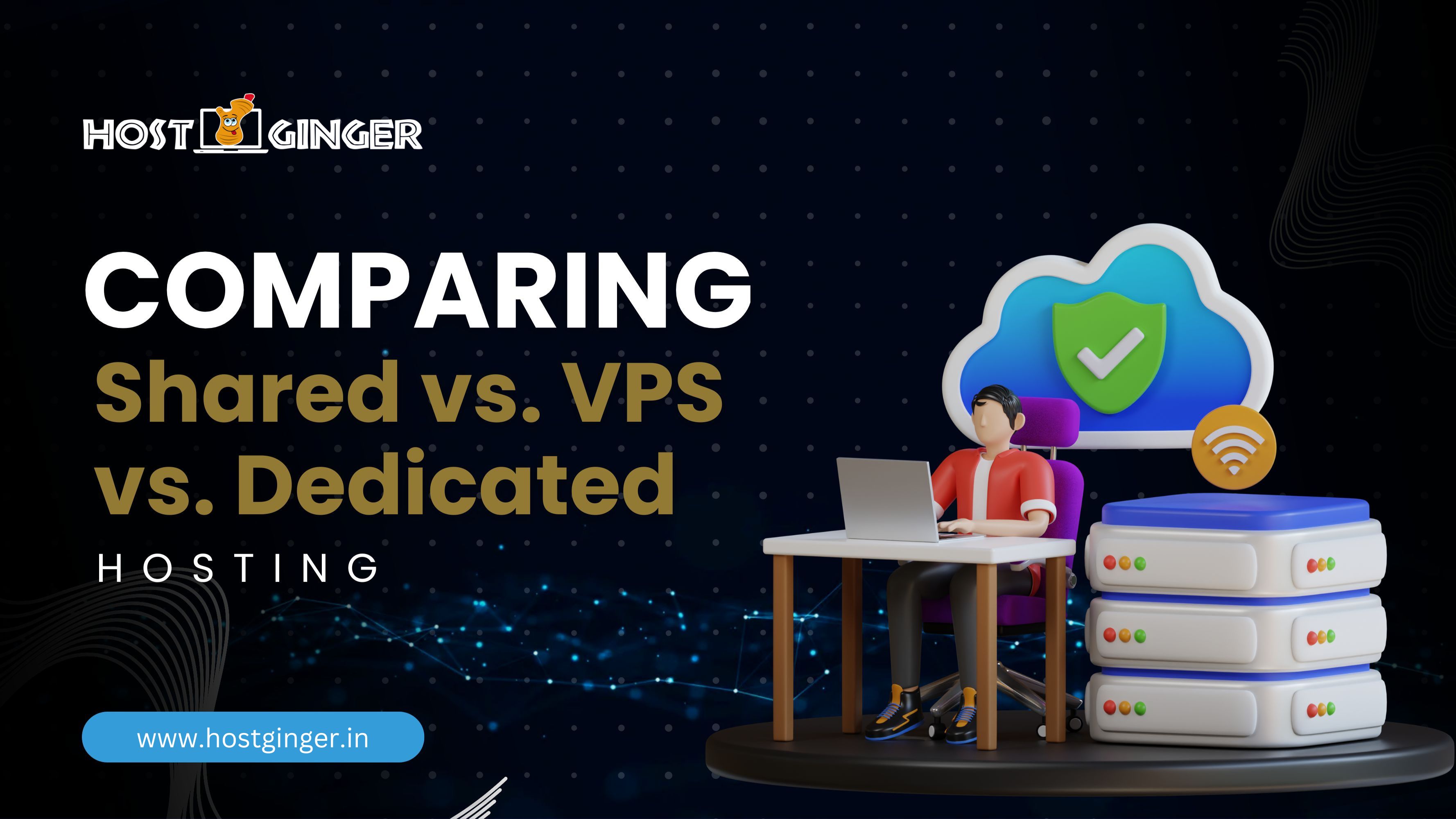Understanding Different Types of Web Hosting
Introduction
When you're setting up a website, one of the most crucial decisions you'll make is choosing the right type of web hosting. The web hosting service you select can significantly impact your site's performance, security, and scalability. But with so many options out there, it can be a bit overwhelming to figure out which type is best for you. This guide will break down the different types of web hosting available, helping you make an informed decision.
Choose Your Web Hosting Plan
Reliable Performance, Seamless Experience, and Exceptional Support
What is Web Hosting?
Definition
Web hosting is a service that allows individuals and organizations to make their websites accessible via the Internet. Web hosts are companies that provide the technology and services needed for the website or webpage to be viewed in the Internet.
How Web Hosting Works
When you create a website, all the files and data that make up your site need to be stored somewhere. This is where web hosting comes in. Web hosting providers allocate space on a server for your website's files and provide internet connectivity so that others can access your site. Think of it like renting space in a building for your business. The web host provides the infrastructure and services needed to get your site online and running smoothly.
Types of Web Hosting
Shared Hosting
What is Shared Hosting?
Shared hosting is like living in an apartment building where you share resources with your neighbors. It's a type of web hosting where multiple websites are hosted on the same server, sharing resources such as CPU, RAM, and bandwidth.
Pros and Cons of Shared Hosting
Pros:
•
Cost-Effective: Shared hosting is generally the most affordable option, making it ideal for beginners and small businesses.
•
User-Friendly: Most shared hosting plans come with user-friendly control panels and tools.
Cons:
•
Limited Resources: Since resources are shared, high traffic on one site can affect the performance of others.
•
Less Control: You have limited control over server configurations.
VPS Hosting
What is VPS Hosting?
Virtual Private Server (VPS) hosting is like owning a condo. You have your own space within a larger building, but you have more control and resources than in an apartment. A VPS divides a physical server into multiple virtual servers, each with its own dedicated resources.
Pros and Cons of VPS Hosting
Pros:
•
Increased Control: You get root access to the server, allowing for custom configurations.
•
Better Performance: Dedicated resources mean your site can handle higher traffic and load faster.
Cons:
•
Higher Cost: VPS hosting is more expensive than shared hosting.
•
Technical Knowledge Required: Managing a VPS can be complex, requiring more technical expertise.
Dedicated Hosting
What is Dedicated Hosting?
Dedicated hosting is like owning your own house. You get an entire server dedicated solely to your website. This means no sharing of resources with anyone else.
Pros and Cons of Dedicated Hosting
Pros:
•
Maximum Performance: All server resources are at your disposal, ensuring high performance.
•
Complete Control: You have full control over server settings and configurations.
Cons:
•
Expensive: Dedicated hosting is one of the costliest options.
•
Requires Expertise: Managing a dedicated server requires advanced technical knowledge.
Cloud Hosting
What is Cloud Hosting?
Cloud hosting uses a network of interconnected servers to host websites. It's like living in a smart, interconnected city where you can tap into resources as needed.
Pros and Cons of Cloud Hosting
Pros:
•
Scalability: Easily scale resources up or down based on your needs.
•
Reliability: High uptime as the load is distributed across multiple servers.
Cons:
•
Complex Pricing: Pay-as-you-go pricing can be complex and unpredictable.
•
Variable Performance: Performance can vary depending on the overall network traffic.
Managed Hosting
What is Managed Hosting?
Managed hosting is like hiring a property manager for your house. The hosting provider takes care of all the technical aspects, including maintenance, updates, and security.
Pros and Cons of Managed Hosting
Pros:
•
Hassle-Free: The provider handles all technical tasks, freeing you to focus on your website.
•
Enhanced Security: Regular updates and maintenance ensure better security.
Cons:
•
Cost: Managed hosting is more expensive due to the added services.
•
Less Control: You might have less control over certain server settings.
Reseller Hosting
What is Reseller Hosting?
Reseller hosting allows you to purchase hosting services and then resell them to your own clients. Think of it like buying a wholesale product and selling it in your own store.
Pros and Cons of Reseller Hosting
Pros:
•
Business Opportunity: You can start your own hosting business.
•
Control: You can manage your clients' accounts and resources.
Cons:
•
Responsibility: You're responsible for providing support to your clients.
•
Limited Resources: Your resources depend on the hosting package you purchase.
Factors to Consider When Choosing Web Hosting
Bandwidth and Storage
Ensure the hosting plan offers enough bandwidth and storage to accommodate your website's traffic and content.
Uptime and Reliability
Look for a host with a high uptime guarantee (99.9% or higher) to ensure your site is always accessible.
Security Features
Consider hosts that offer robust security features such as SSL certificates, firewalls, and regular backups.
Support and Customer Service
Good customer support is crucial, especially if you're not tech-savvy. Look for 24/7 support through multiple channels.
Scalability
Choose a host that allows you to upgrade your plan as your website grows.
Cost
While cost is important, it shouldn't be the only factor. Balance cost with the features and performance offered.
Conclusion
Choosing the right web hosting is critical to your website's success. By understanding the different types of hosting available and considering your specific needs, you can make an informed decision that will support your website's performance, security, and growth.
FAQs
Q.1 What is the difference between shared and dedicated hosting?
Shared hosting means your website shares resources with other sites on the same server, which can impact performance. Dedicated hosting gives you an entire server to yourself, providing maximum performance and control.
Q.2 Is VPS hosting better than shared hosting?
VPS hosting offers better performance and more control than shared hosting because it allocates dedicated resources to your site. However, it is also more expensive and requires more technical knowledge.
Q.3 How does cloud hosting improve website performance?
Cloud hosting distributes your site's data across multiple servers, which can improve performance and reliability by balancing the load and providing redundancy.
Q.4 What should I look for in a web hosting provider?
Key factors to consider include uptime guarantees, security features, customer support, scalability options, and pricing.
Q.5 Can I switch hosting providers easily?
Yes, most hosting providers offer migration services to help you transfer your website from one host to another with minimal downtime.



